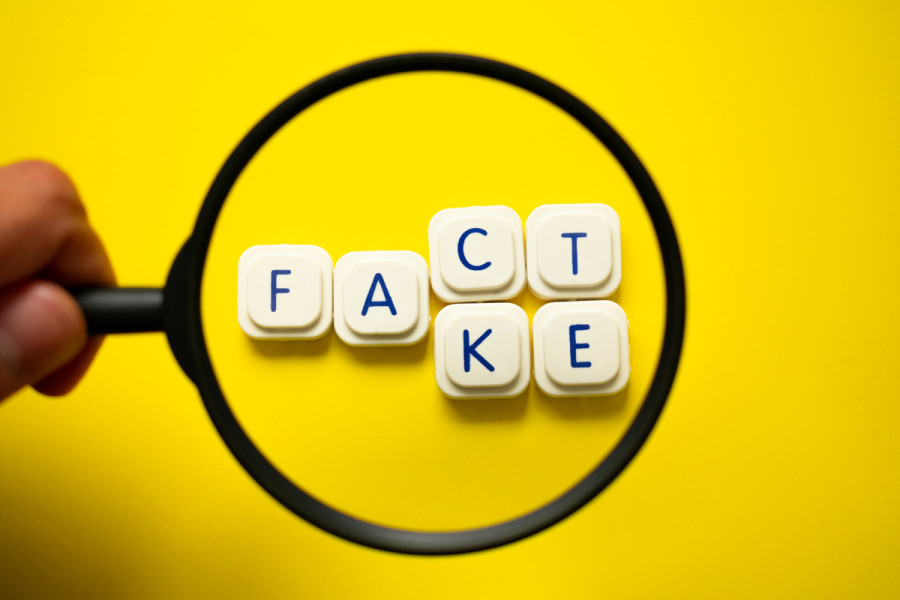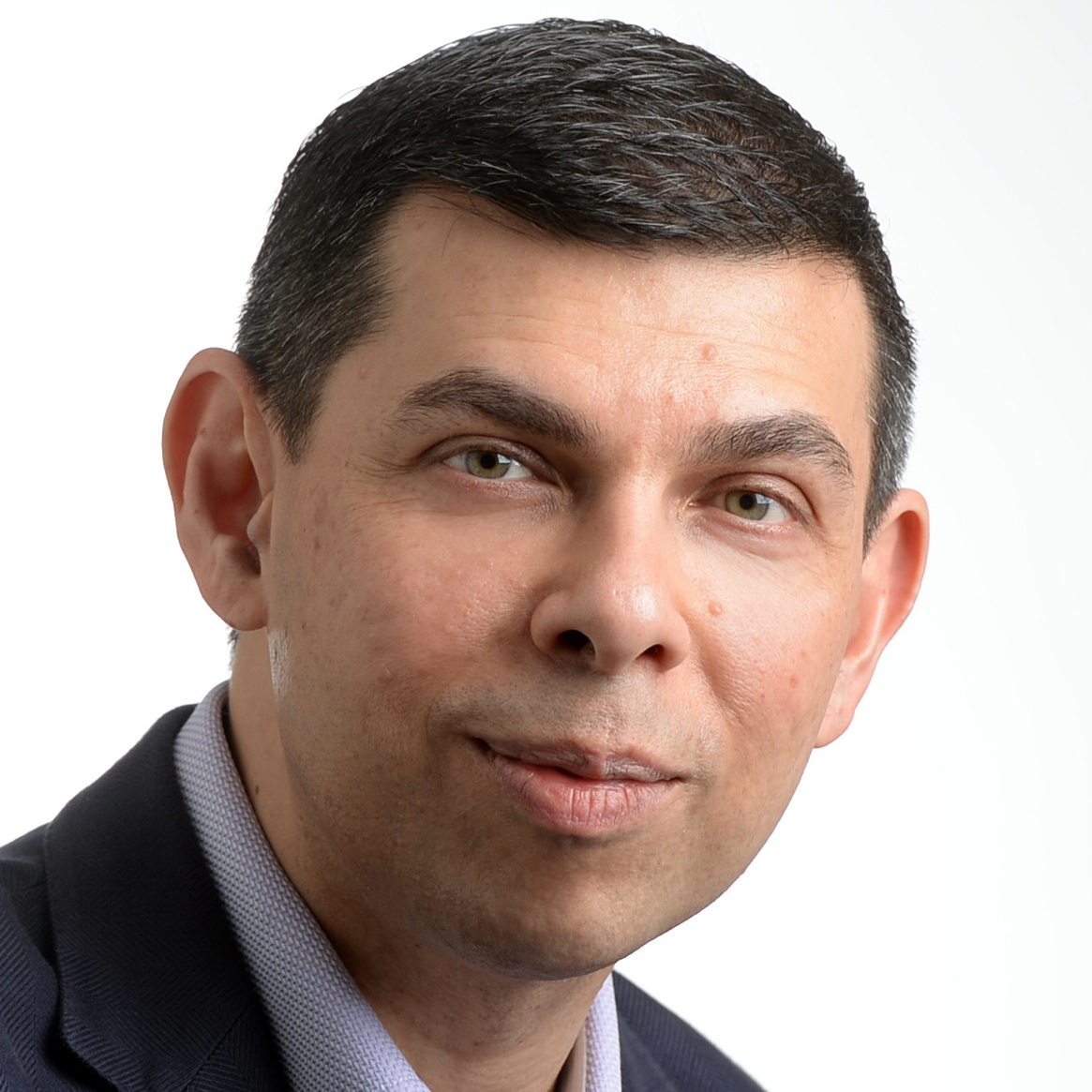Columns
More heat than light from the ‘shining city on a hill’
The ultimate check on the growing polarisation lies with voters who take the trouble to stay well-informed.
Warren Fernandez
The recent presidential election in the United States, which has long held itself up as a ‘shining city on a hill’, or a model democracy for the world, threw up more heat than light.
Some have lamented that the stalemate after November 3, with an incumbent leader casting doubts on the process and outcome, lowered the standing of the US in the world and undercut the case for liberal democracy. Others at the other end of the ideological spectrum have declared pretty much the same, triumphantly, if somewhat prematurely. Most significantly, the election has made clear how vital, and fragile, democracy is; how it can so easily go wrong, with crucial outcomes of polls sometimes turning on a few hundred votes.
Even in mature democracies, voters have been known to hand power to those who use it to subvert the very system that made their election possible. The upshot of this is clear: to work, democracies need more than elections. They must be underpinned by a shared political culture and be supported by strong institutions.
Democracy cannot function in a world of alternative facts, fake news, and the winning of arguments by sheer assertion and reiteration. Nor can it thrive in a society where voters chose not to be engaged, allowing themselves to fall into opinion bubbles, outsourcing their thinking and decision-making to others, whether that be big technology companies or foreign powers only too willing to oblige.
Indeed, a thoughtful book by technology writer Jamie Bartlett, The People Vs Tech: How the internet is killing democracy, points to several prerequisites for a functioning democracy—active citizens, capable of making important moral judgments; a shared culture of democracy, including a spirit of give-and-take and the willingness to compromise; elections that must be free, fair and trusted; manageable levels of equality among all stakeholders; competition in the economy and autonomy in the civic sphere; trust in the system, which is fostered by the authorities remaining in touch with and accountable to the people.
The most critical of all of these is trust. Voters must believe in the system, which purports to genuinely reflect their interests and the popular will. Which is why Donald Trump’s continuing insistence that the election was fraudulent is so corrosive. Although most observers now accept that he lost, the vast majority of his supporters believe his unbacked assertions that the election was ‘rigged’ or ‘stolen’.
Caricatures of the over 74 million voters who backed him, though, often paint them as naive, or plain wrong-headed. Yet, this reflects the very condescension that these voters have grown tired of from the country’s political and intellectual elites. As The Economist summed up well in an editorial: ‘Whether you support them or not, Mr Trump and his fellow populists came to power as a response to the failing of democratic governments’.
Trust versus tech
But trust in the democratic system can also be gradually whittled away, with voters oblivious that it is even happening. Through sheer distraction or inattention, many voters are allowing themselves to be manipulated, their views formed and biases reinforced by the information and opinions served to them—supposedly for free—by tech companies with their opaque algorithms, which they chose to click on, read, like, and share.
Meanwhile, big tech is watching, parsing, and serving more of whatever is most likely to catch their fancy, the better to present advertising messages from the highest bidder. This leaves the electorate open to being swayed not just by political leaders, but also by commercial and ideological players, both at home and abroad.
Polarisation and the press
The ultimate check on the growing polarisation so evident in many societies today must lie with voters who take the trouble to stay well-informed, arming themselves with knowledge and the ability to make their own political choices and weigh up their long-term interests. But this is increasingly difficult in an ever more complex, hyper-connected, fast-changing world, with citizens so buffeted by the welter of fake news, designed to mislead and confuse.
Voters will therefore be greatly aided in exercising their civic duties by a responsible, credible media, which aims to provide them with the information they need, separating fact from fiction, rational arguments from unsubstantiated assertions, striving always to be accurate, balanced and fair.
Unfortunately, when media organisations are unduly focused on chasing eyeballs and revenues, often with newsrooms starved of resources, they risk losing sight of this public service mission. The underlying problem here is that the business model that gave rise to professional newsrooms and helped sustain them has been fundamentally gutted by the rise of tech companies, aggressively pushing news for ‘free’. This is worth pondering, for as the experts say, as the media goes, so goes democracy.
The great US President John F Kennedy once declared: ‘One man can make a difference, and every man should try’. While this might be slightly out of kilter in these gender-neutral times, his statement remains relevant and carries double significance in the light of recent developments.
Yes, one man can make a huge difference, whipping up populist sentiments to win power, and then wielding it to undermine institutions, cajole officials, vilify political opponents as well as professionals in the media, and even appointing people to key roles to entrench his views and position.
If the much-cherished rule of ‘by the people, for the people’ is to prevail, then every one of us should try to do our part, as engaged, informed and active citizens, striving to ensure that those who promote political sweetness and light, trump those who would sow division and discord. Ultimately, democracy depends on you and me.




 9.83°C Kathmandu
9.83°C Kathmandu















